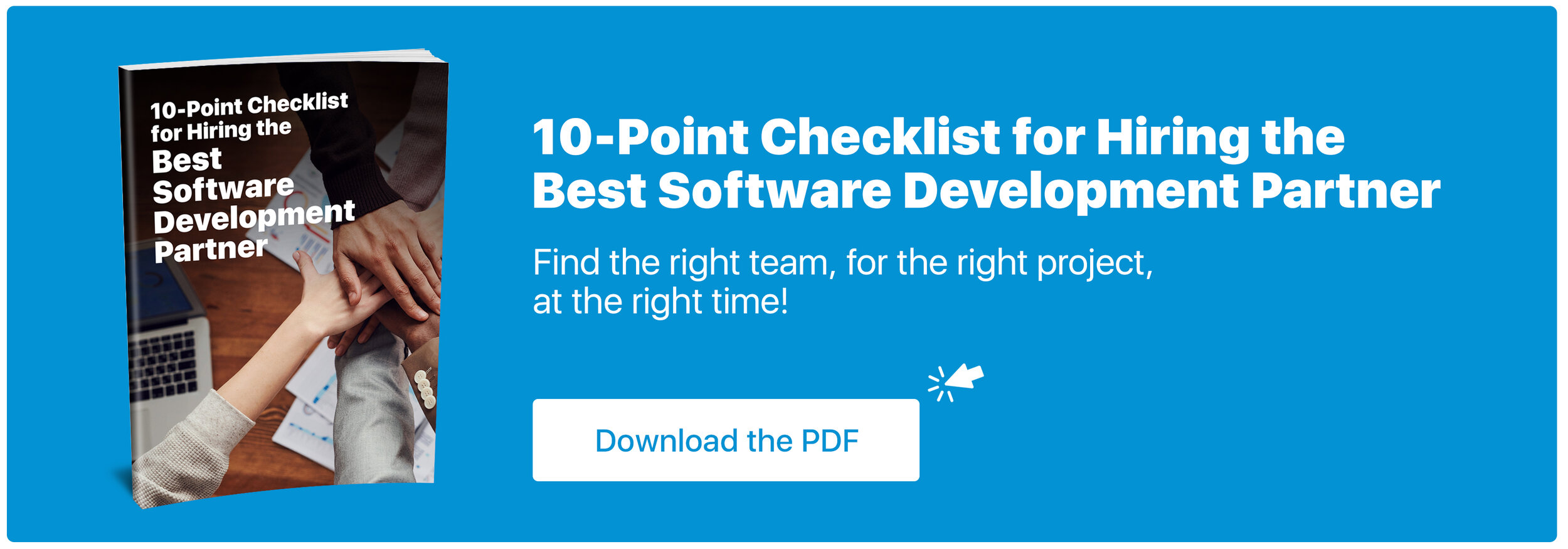Sam Altman recently came on the Joe Rogan podcast and they had a very casual conversation about the trajectory of AI. This conversation looked at what AI means for the future, the yin and yang of the technology, Sam’s original expectations for his creation (OpenAI), and ultimately what this revolution means in a broad sense.
Sam reflects on some of the biggest innovations in history and outlines similarities to what’s going on with AI. He claims that every evolution in technology throughout history is connected and AI is sort of the end of the rope.
To be honest, this kind of dialogue is very common as the general public’s ideas surrounding AI are still forming. But without a firm grasp on what’s already available - how can we as leaders in tech hold ourselves accountable to help drive the right kind of change?
What Altman outlines in this interview is very interesting, especially when he says that the chain of reactions he expected (10 years ago) for AI taking on jobs followed a ladder like this:
Blue collar labor
Cognitive labour
Creative jobs
He then said that this original prediction ended up being exactly the opposite and that at the moment AI can’t take on entire jobs - but it can help with tasks in people’s jobs to boost productivity.
The Unexpected
Altman’s key insight was that the development and evolution of AI and artificial general intelligence (AGI) may not follow a predetermined or straightforward path. He suggests that the future of AI and AGI may be more gradual and continuous than previously thought, with ongoing refinements, improvements, and challenges along the way.
The biggest takeaway here is how dramatically artificial intelligence has surpassed our expectations. It continues to do so, which raises questions about AGI and how the potential of these systems' self-improving is both exciting and somewhat unpredictable.
As we continue down this path of unexpectedness, one thing that’s critical for businesses and consumers to do is leverage. Leverage every AI tool at your disposal, experiment with them, and spend time with them. The more familiar you become - the better equipped you'll be.
What’s Next?
Artificial Intelligence is very unpredictable as we know, but as a business owner, you have the ability to call the shots necessary to succeed. It starts with understanding opportunities for growth, and being proactive in how you approach them.
That’s why we created the AI Tool - to show businesses where their deficiencies are, and then help them make the right changes. At ISU Corp, our team of AI experts is here to help you succeed long-term!
P.S.
This blog was 99% AI-generated.
—
ISU Corp is an award-winning software development company, with over 17 years of experience in multiple industries, providing cost-effective custom software development, technology management, and IT outsourcing.
Our unique owners’ mindset reduces development costs and fast-tracks timelines. We help craft the specifications of your project based on your company's needs, to produce the best ROI. Find out why startups, all the way to Fortune 500 companies like General Electric, Heinz, and many others have trusted us with their projects. Contact us here.










